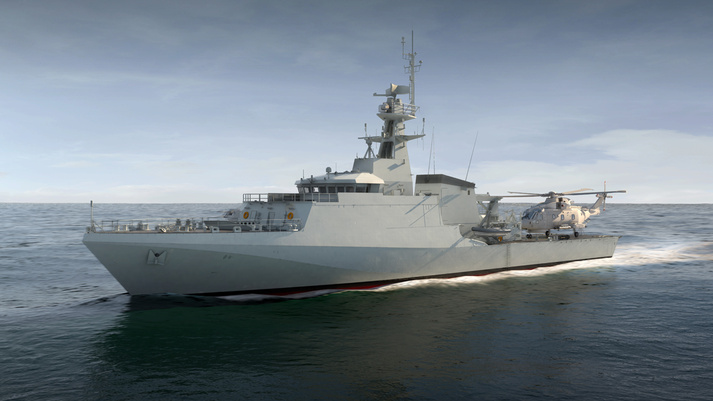SDE has recently been contracted to BAE Systems Maritime Naval Ships to provide safety engineering support to the River Class Batch 2 (RCB2) Offshore Patrol Vessels (OPV).
The SDE Naval Safety Team is currently engaged in developing a RCB2 Class Explosive Safety Case Report (CESCR) to meet the MOD’s requirements as specified in JSP 430 (Ship Safety Management) and MAP 01-103 (Integration of Ordnance, Munitions and Explosives (OME) into Maritime Platforms). The CESCR is intended to identify the threats, hazards and risks associated with the embarkation, handling, stowage and use of the approved outfit of munitions and explosives stores for the RCB2 OPVs.
To ensure delivery of a coherent CESCR, the SDE team will identify all explosives related hazards and munition integration issues and undertake a baseline platform material compliance assessment. Compliance will be measured against the Design Standards for Explosives Safety in MOD Ship Part 1 (Surface Ships) and Part 3 (Electrical Equipment and Installation) (Def Stan 00-101).
SDE has extensive experience of providing numerous similar programmes of assessment and CESCR production for Naval platforms for both UK and overseas customers. The deep understanding held by SDE’s Naval Engineering Safety team of the NAG Exp safety regime (JSP 430, Part 3, Chapter 8), means that the JSP 430 requirement for all aspects of a CESCR to support the Explosives Key Hazard Certification process can be rapidly and effectively assessed.
OME Safety is a core element of SDE’s business and the team maintain currency and competency with the wide range of policies which are relevant to explosives safety, including JSPs 520, 430 (to be replaced by DSA02), 375 and 862 along with POSMS, POEMS and Def Stan 00-56.


